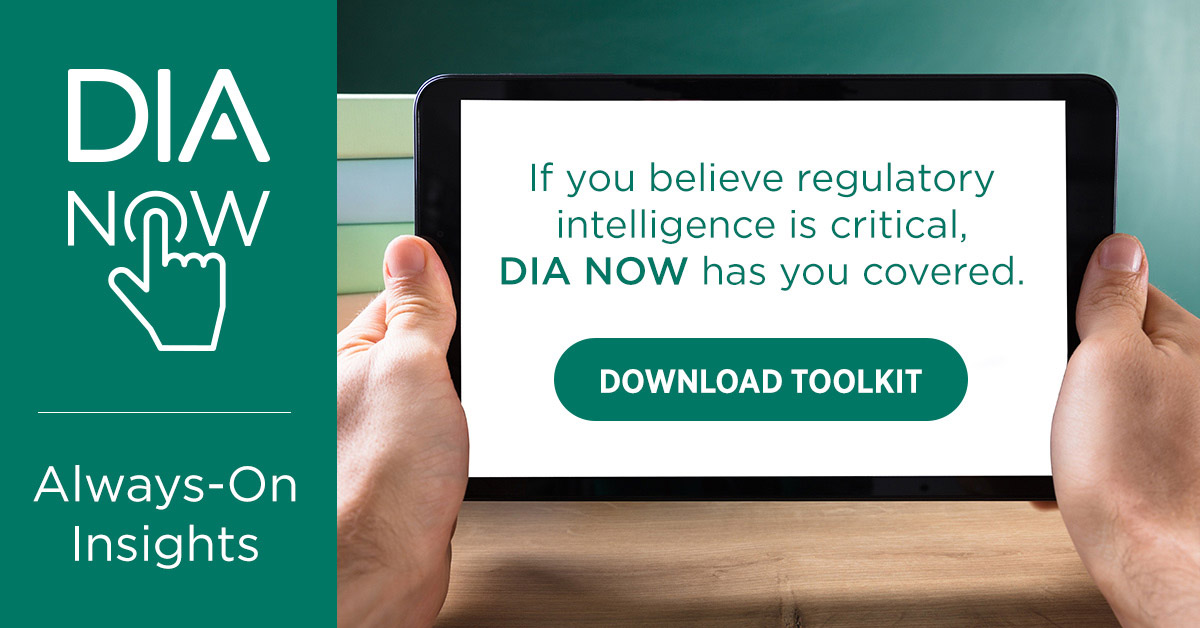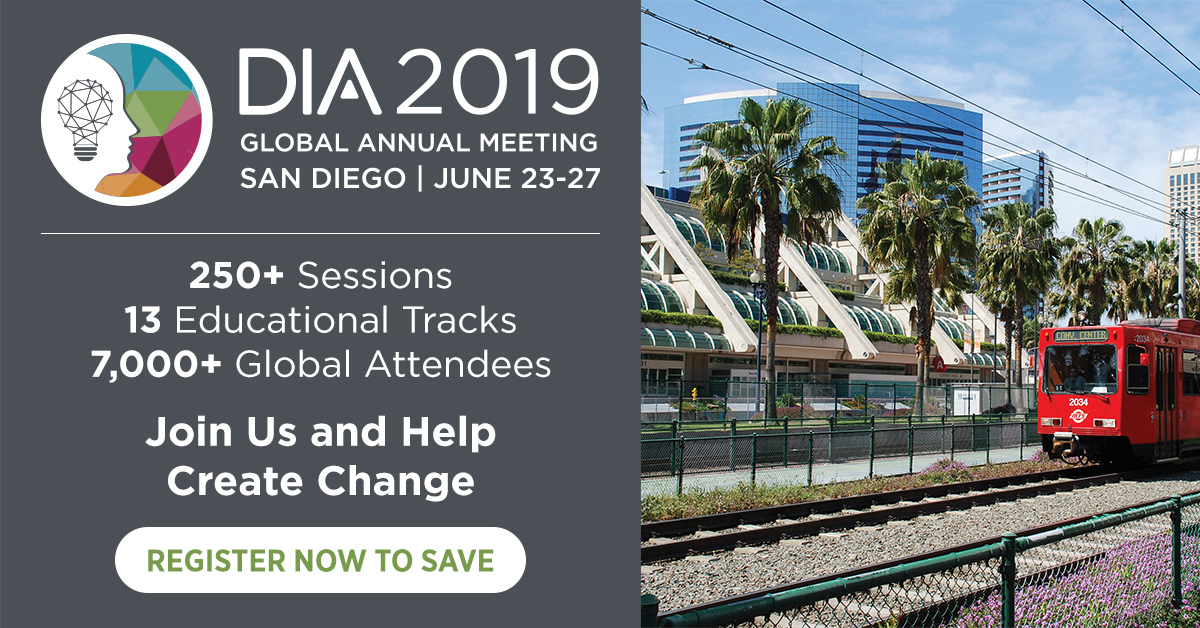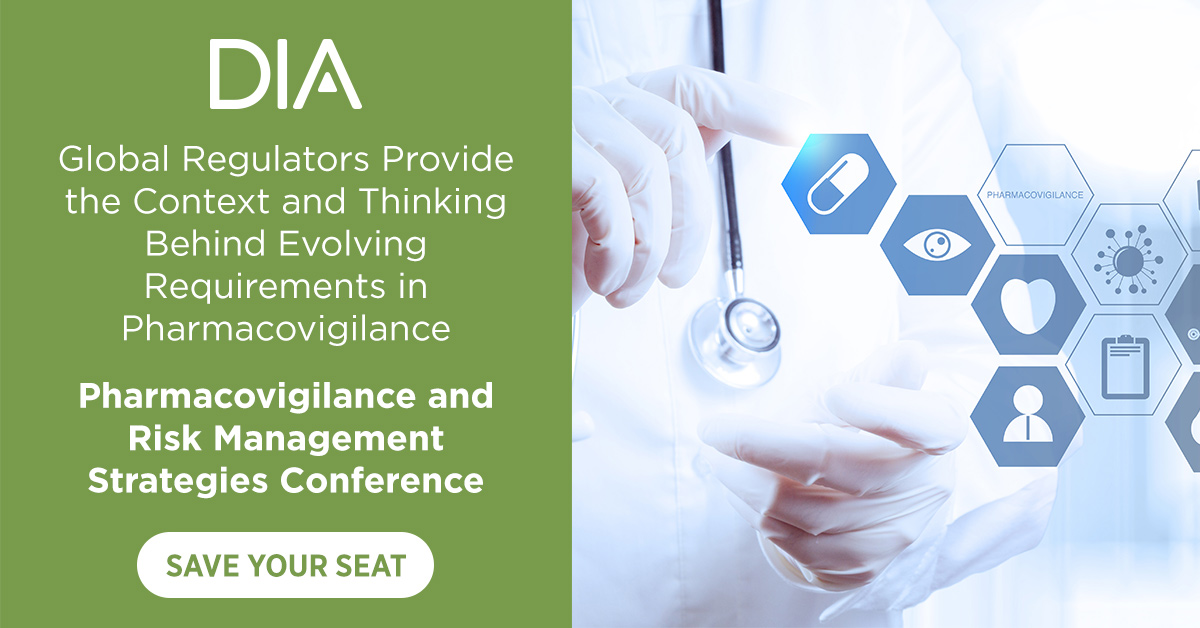January 2019 Global Forum
Table of Contents
Benefits and Challenges
DIA Japan Annual Meeting 2018
Around The Globe
Interview with Professor John Skerritt, Deputy Secretary, Australian Department of Health
AROUND THE GLOBE CONTINUED
Challenging Yet Worthwhile Road Ahead
COMMUNITY Spotlight
Sharing Best Regulatory Submission Practices and Facilitating Progress in Standards
Career Column
EXECUTIVE LEADERSHIP
When I’m Sixty-Four…
Subscribe
Love Global Forum‘s new online format? Subscribe today and never miss an issue.
Executive Leadership | From the Editor-in-Chief
When I’m Sixty-Four…
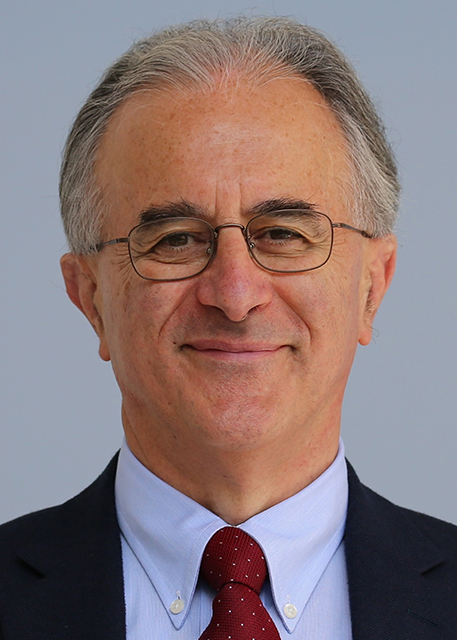
Alberto Grignolo
Editor-in-Chief
Global Forum
Fellow of DIA
he generation gap is widening. This is clear to those of us who are busy generating interesting, timely, and easily accessible content for Global Forum, and probably to our readers as well.
This is important to us, because one of the responsibilities of DIA is to serve young professionals and help prepare them for the challenges of tomorrow and the opportunities to improve the world’s health. Creating and maintaining a strong connection with future leaders in healthcare is central to DIA’s mission. As Tom Peters famously said, “Leaders don’t create followers, they create more leaders.”
Editorial Board
Content stream editors
Gary Kelloff US National Institutes of Health
David Parkinson ESSA Pharma, Inc.
regulatory science
Yoshiaki Uyama Pharmaceuticals and Medical Devices Agency (PMDA)
Adora Ndu BioMarin Pharmaceutical, Inc.
Patient engagement
Deborah Collyar Patient Advocates In Research (PAIR)
Lode Dewulf Servier
Value & access
Edith Frénoy European Federation of Pharmaceutical Industries and Associations (EFPIA)
Sean Tunis Center for Medical Technology Policy (CMTP)
Editorial Staff
Alberto Grignolo, Editor-in-Chief PAREXEL International
Ranjini Prithviraj, Global Associate Director, Content Collaboration DIA Publications
Sandra Blumenrath, Science Writer DIA Publications
Chris M. Slawecki, Senior Digital Copyeditor DIA Publications
Regional Editors
AFRICA
David Mukanga Bill and Melinda Gates Foundation
ASEAN
Silke Vogel Duke-National University of Singapore Medical School
AUSTRALIA/NEW ZEALAND
Richard Day University of New South Wales, Medicine, St. Vincent’s Hospital
CANADA
Judith Glennie JL Glennie Consulting, Inc.
Megan Bettle Health Canada
CHINA
Ling Su Shenyang Pharmaceutical University, Lilly Asia Ventures
EUROPE
John Lisman Lisman Legal Life sciences
INDIA
J. Vijay Venkatraman Oviya MedSafe
JAPAN
Kazuhiro Kanmuri Inter-Professional, Inc.
Young Professionals Editor
DIA Membership
Bringing together stakeholders for the betterment of global health care.
Director, Regulatory Policy & FDA Engagement
BioMarin Pharmaceutical, Inc.
uman gene therapy (GT) is a treatment approach that seeks to modify or manipulate a person’s genes to treat or cure disease. GT can work in several ways including by (1) replacing a disease-causing gene with a healthy copy of the gene; (2) inactivating a disease-causing gene that is not functioning properly; or (3) introducing a new or modified gene into the body to help treat a disease. GT products are being developed to treat cancer, hemophilia, and other genetic diseases.
![]() Podcasts
Podcasts
Divisional Principal, Head of Global Health Economics
Senior Director, HTA/P&MA
Principal, Patient Centered Outcomes
Senior Consultant, P&MA
ICON plc
he 2018 European Commission proposal for a regulation intended to strengthen EU wide co-operation among member states in the assessment of new health technologies was recently endorsed by the European Parliament with 200 amendments that aim to ensure quality in joint clinical assessment (JCA) process and methodology. An objective, independent, and transparent co-operation among EU Member States should be based on clear, streamlined and accepted methodological guidelines.
DIA Japan Annual Meeting

Innovation: From Japan to the World…and Back Again
Innovation: From Japan to the World…and Back Again
Kazuhiro Kanmuri
Founder & CEO
Inter-Professional, Inc.
Alberto Grignolo
Corporate Vice President
PAREXEL International
apanese scientists have won the Nobel Prize for Physiology or Medicine in four of the past seven years (2012, 2015, 2016, and 2018). Japan is no stranger to innovation.
The November 2018 DIA Japan Annual Meeting made it clear once more that today’s cutting-edge innovations and ideas in the healthcare environment know no national boundaries and are only constrained by our ability and willingness to flex, adapt, and improve patients’ lives.
Diverse discussions, driven by a common desire to make progress in developing new medical products effectively and efficiently through global collaboration, ranged from the costs of R&D to clinical trials, real world evidence, accelerated pathways such as sakigake, AI applications in drug development, patient centricity and engagement, translational and precision medicine, Health Technology Assessment, and more. These are indeed the “hot topics” of the day around the world and in Japan.
Around The Globe
Medicines Shortages Down Under
Richard Day
Professor of Clinical Pharmacology
University of New South Wales
Interview with Professor John Skerritt
Deputy Secretary, Australian Department of Health
Responsible for Therapeutic Goods Administration
lobal Forum: Mandatory reporting of medicines shortages is to commence on January 1, 2019. Can you give the background?
John Skerritt: There have been recent shortages and discontinuations of a number of important medicines such as the EpiPen (epinephrine) auto-injector, MIN-I-JET naloxone injection syringes, glyceryl trinitrate sublingual tablets, hepatitis B vaccine recombinant injections, BCG vaccine, trifluoperazine tablets, metronidazole intravenous infusions, adrenaline injection ampoules, SLOW-K potassium chloride tablets, flumazenil (benzodiazepine antidote), and zoledronic acid injections.
Around The Globe
What Did 2018 Bring the EU?
John Lisman
Principal
Lisman Legal Life sciences
018 has been a challenging year for politics in the UK. Politicians claim to choose the path out of Europe that the people had voted for in 2016.
Brexit: Deal or No Deal
In reality, their exit votes were not based on a realistic picture of the consequences. As a result, Prime Minister May will not be able to deliver the “promised land” and has instead presented a deal that is much better than no deal, but less than what the exiteers voted for. As this Global Forum goes to (the virtual) press, it is still unclear what the course will be, but Brexit will be an expensive option for the entire country as well as for the remaining member states.
Around The Globe
Patient Engagement in India:
Challenging Yet Worthwhile Road Ahead
Veena Jaguste
CEO
MedicinesnWe.com
n 1996, the US Center for Advancing Health elegantly defined patient engagement as “actions individuals must take to obtain greatest benefit from the healthcare services available to them.”
Patient engagement has several dimensions. We commonly consider a patient engaged if he/she meticulously follows the treatment plan, including medications and lifestyle modifications. Such a patient is compliant, but is essentially following their doctor’s advice. True engagement goes beyond compliance. It includes the patient becoming knowledgeable and informed about their illness, voicing their preferences on treatment options, choosing a treatment option, and expressing their expectations on the treatment outcome.
With a fully engaged patient, it is possible to build a synergistic and ongoing relationship in which the healthcare provider offers the best care, but the patient also accepts their share of responsibility for the best possible outcome.
Community Spotlight
DIA Medical Writing Community
Sharing Best Regulatory Submission Practices and Facilitating Progress in Standards
Frank Hubbard
President
Global Regulatory Writing Solutions, Inc.
ounded in 2001, the DIA Medical Writing (MW) Community includes professionals who span the medical, scientific, and regulatory writing spheres, as well as biomedical publications.
Our Community members contribute presentations at DIA annual meetings and regional events, including the Medical Affairs and Scientific Communication (MASC) Forums. Popular sessions have included EMA Policy 0070, lay summaries, Common Technical Document (CTD) submission planning and strategy, and scientific knowledge and message development.
Career Column
Is A Residency or A Fellowship Right for You?
Lindsey Parker
Post-Doctoral Fellow
US Oncology Medical Affairs, Pfizer
ne of the reasons I chose to pursue a Doctor of Pharmacy (PharmD) degree is the versatility of career options available after graduation. PharmD graduates can work in a variety of settings including community care, hospital, health insurance, and the pharmaceutical industry.

Thanks for reading our January 2019 Issue!




